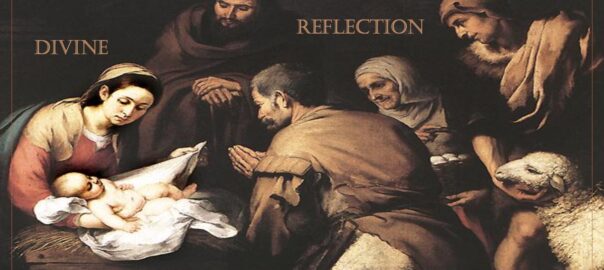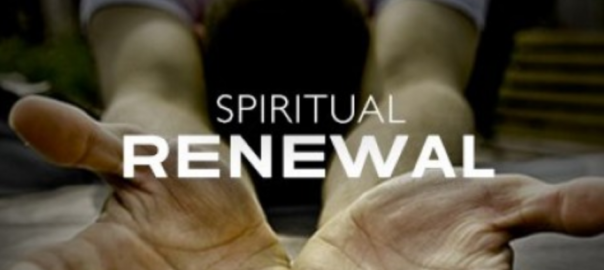
As a public intellectual I am often asked what I think are the most important moral and social issues of our day. And there are many. My starting point is always reverence for God and response to the gospel of Jesus Christ. Humankind, unique among all animate creation, is deeply spiritual and we will only find our true identity and purpose when we surrender our sovereignty to King Jesus. St. Augustine, in his opening lines of Confessions, was correct when we declared, “You have made us for Yourself, and our hearts are restless until they rest in You.”
With this foundation of faith always in view, there are many issues that divine image bearers (all people) must wrestle with in our pursuit of a free and virtuous society (the motto of The Acton Institute).
Back to the question. Many expect me to respond with abortion, gender identity, economic policies, threats to democracy, international tensions, ethnic and racial tensions, federal and state budget crises, immigration, and/or many other issues. All of these deserve attention, and I will be commenting on them in the coming months. Underneath all these issues is one prevailing topic: The dignity and identity of the human person.
What does it mean to be human? What does it mean to be male and female? For most of recorded history, the answers have been self-evident, though with many constructions and religious differences. All cultures and faiths distinguish humankind from the rest of creation, with the differences of male and female clearly demonstrated (Alas, often to the detriment of our sisters).
With the explosion of artificial intelligence, machine technology, and gender anarchy, consensus on being human is fiercely debated. Here are some questions underneath the question of what a human being is:
- Are we merely the products of time and chance?
- In the singularity of human-machine synthesis inevitable?
- In biological sex changeable and are there an infinite number of genders?
- Are human beings distinct and superior to the rest of creation, or this notion the sin of “speciesism”?
- Is the biological family the most important group in society or do all people, including children, belong to current notions of the collective or state?
In this essay we cannot answer all these queries with justice. Since this is part one of many, I want to offer some foundational thoughts that can inform our discernment and thoughtfulness about human identity. Here are two insights as we begin this conversation.
Insight #1: Regardless of one’s philosophy or religion, humankind is distinct from other species because of self-consciousness and conscience, neither of which is reducible to biological functions. On the frontiers of neuroscience and religion, there is much important work unveiling the impact of positive and negative events on our bodies/brains, while still leaving room for experiences not reducible to physical sources. These qualia are baffling to naturalists, while religious devotees see them as part of being spiritual beings. The debates will go forward, but there is consensus that there is (or may be) more to being human than mere biology. Our sense of morality and ethics (even when we disagree, we are still showing evidence of notions of right and wrong), and inner dialogues are not replicated anywhere else.
Insight #2: The Book of Genesis, Chapter 1, verses 26-28 offers a vision of humankind that can be a starting place for robust conversation on identity. Here are three facets from these poetic verses sung by ancient Israel and still informing billions of people today:
- All human beings, from conception to coronation, are created in the image of God. Being human means we are connected with the dust of the earth (hence all the DNA we share with other animals, especially primates), and we are filled with divine breath (ruah = spirit), with a transcendent element as part of our being. Humans are body and spirit and this is what enlivens the soul. We are not spirits trapped in bodies (Greek notions). We are not in an illusory world (Buddhism and Hinduism), for the concreteness of creation is good.
- All humans have purpose: dwelling with God and doing the work of stewarding creation. We are made for worship and work, for being and doing in a seamless life of delight in God, each other, and the world.
- We enjoy God and the world as male and female. Our common humanness ensures dignity and equality, while the distinction of sex expresses the divine image more fully. Biological sex is a part of the divine archetype of humanity and is not changeable. In a world impacted by the fall of humankind, we do see a small percentage of babies born with secondary sex characteristics of both male and female and genetic markers (XXY; XYY) that are different, but these rare exceptions only prove the general rule.
Being human means we are divine image bearers with purpose, and we fulfill this as men and women. There is no place for sexism or oppression, or for overgeneralizing what men and women might do as they discover their vocations.
Modern notions of human rights, from the 16th century to this moment, rest on these foundations, even among those rejecting religion. Let’s restore clarity and dignity, affirm full equality and celebrate distinctions without reifying oppressive histories. We are just getting started and in the coming weeks we will address each of the sub-issues above as we construct a liberating vision of being human.


